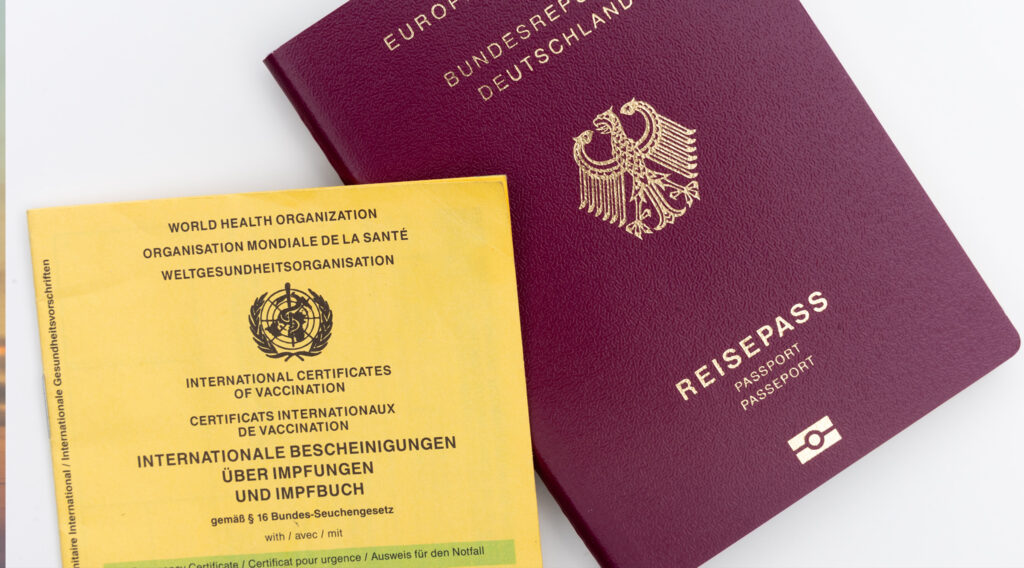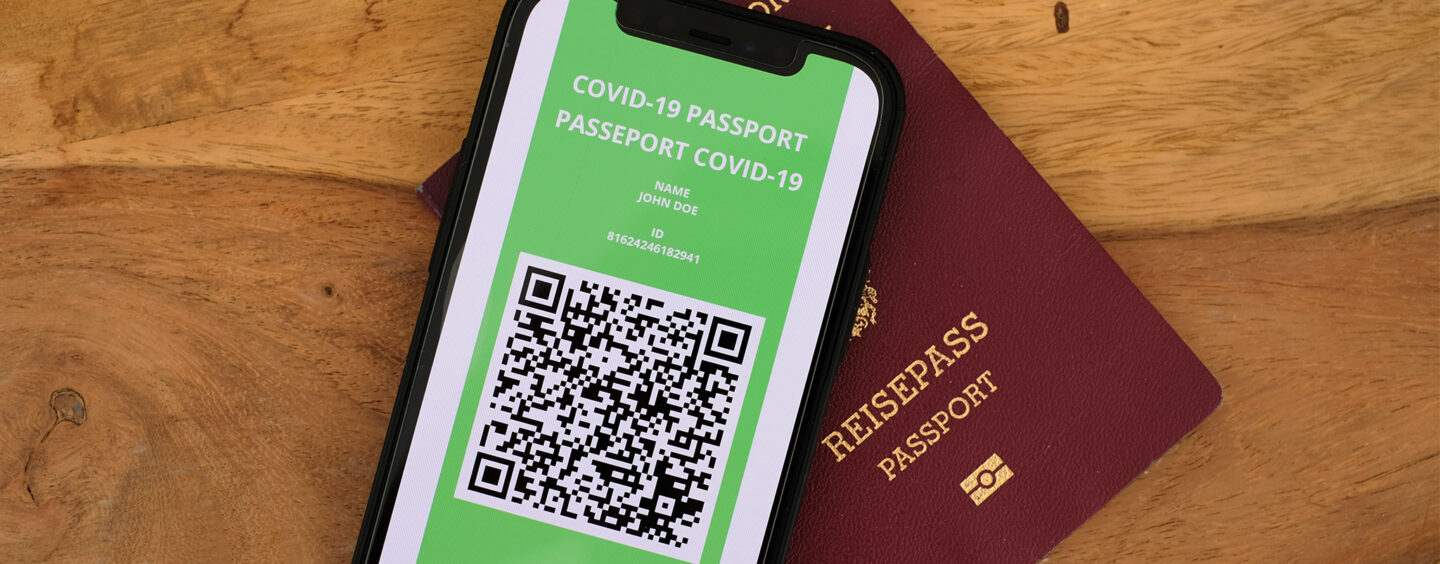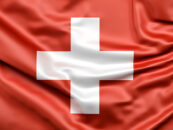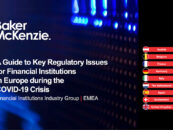The EU Digital COVID Certificate is now live. All EU Member States are issuing and verifying the pass in a bid to boost tourism across the region this summer and beyond.
Europe is not alone in creating a vaccine certificate. Countries across the globe are issuing similar passes to vaccinated citizens. You can find out more about Australia’s vaccine certificate at this link.
Let’s take a closer look at the EU Digital COVID certificate and get answers to the most commonly asked questions.
What Does the Certificate Show?
Despite being informally known as a ‘vaccine passport’, the EU COVID certificate is not just issued to vaccinated individuals. The pass is proof that a person has:
- Been vaccinated against COVID-19
- Tested negative for COVID-19
- Recovered from COVID-19
By making the certificate available to tested and recovered patients too, it does not discriminate against those who have not been vaccinated, as some had initially feared.
Instead, the certificate is available to all EU citizens and is issued free of charge. It is issued in the national language and English.
Which vaccines are included?
The EU vaccination certificate will be issued to people who have had vaccines authorized by the European Medicines Agency (EMA). So far these are:
- BioNTech Pfizer
- Moderna
- AstraZeneca
- Janssen
How Does the Technology Work?
The digital certificate is yet another example of how technology is being used in the fight against coronavirus.
Each EU Digital COVID Certificate has a QR code containing a digital signature. When the code is scanned, this signature is verified.
The gateway created by the European Commission allows all certificates to be verified across the EU. Significantly, personal data does not pass through the gateway.
How Will it Help Travelers?
The European Union has said that travelers with an EU Digital COVID Certificate should be exempt from entry restrictions.
In theory, anyone with the vaccine passport will be able to go on vacation without having to self-isolate on arrival or have further tests. Travel restrictions should only apply if there is a specific cause for concern, such as a new variant.
To introduce restrictions for COVID-19 passport holders, the Member State will need to inform the Commission and justify the restrictions.
With fewer obstacles to travel, people are more likely to book a trip abroad this summer. International tourism has an important role to play in Europe’s economic recovery.
When will they check my COVID-19 certificate?
The European Commission has said that checks should take place on departure, not on arrival, to prevent duplicate controls.
It has also been recommended that vaccination passports are verified before the passenger arrives at the airport. Social distancing is more likely to be compromised if people are waiting in line for their passes to be checked.
Which Countries Use the Passport?

Photo by Markus Winkler on Unsplash
All 27 EU countries are now issuing and verifying digital COVID-19 certificates. The certificate was officially introduced on July 1, 2021, following a period of adaptation and testing.
Some countries, such as Spain, began using the certificate in June on a voluntary basis.
Norway, Iceland, and Liechtenstein are also using the system and Switzerland is expected to participate soon.
How Do You Get a COVID-19 Certificate?
National health authorities in Europe are responsible for issuing the COVID-19 certificate. Many nations have an electronic health portal through which residents can request the document.
The digital version of the certificate can be stored and presented on a mobile device, such as a smartphone. A paper version can also be requested. Both formats include a QR code storing essential information only.
Who Can Get a COVID-19 Certificate?
The EU Digital COVID-19 Certificate is being issued to citizens and residents of EU countries. However, it may also be made available to people from outside Europe who meet the criteria. An EU Commission spokesperson told CNN:
“Right now if you’re an American, not living in the EU, you could get the certificate if you ask the national authorities of a member state to give you that certificate based on some proof that you’ve been vaccinated, or had a recent Covid test”.
The decision to grant the certificate to someone from outside Europe depends on the individual European nation.
In addition, many third countries are developing/have developed their own vaccine certificates, which EU Member States may recognize. Spain, for example, accepts certificates equivalent to the EU Digital COVID Certificate.
There is no minimum age to receive the certificate, although young children are exempt from travel and entry restrictions in most cases.
Can I Travel to Europe Without a Vaccine Passport?
The EU COVID Digital Certificate is optional. It is not, and never will be, obligatory to travel. European citizens and residents without proof of vaccination, negative test, or recovery, are still free to travel but may be subject to restrictions such as quarantine.
People arriving from outside Europe must check the latest restrictions in place for their country of origin. Travel to Europe from third countries remains limited, except for low-risk nations on the EU safe list.







